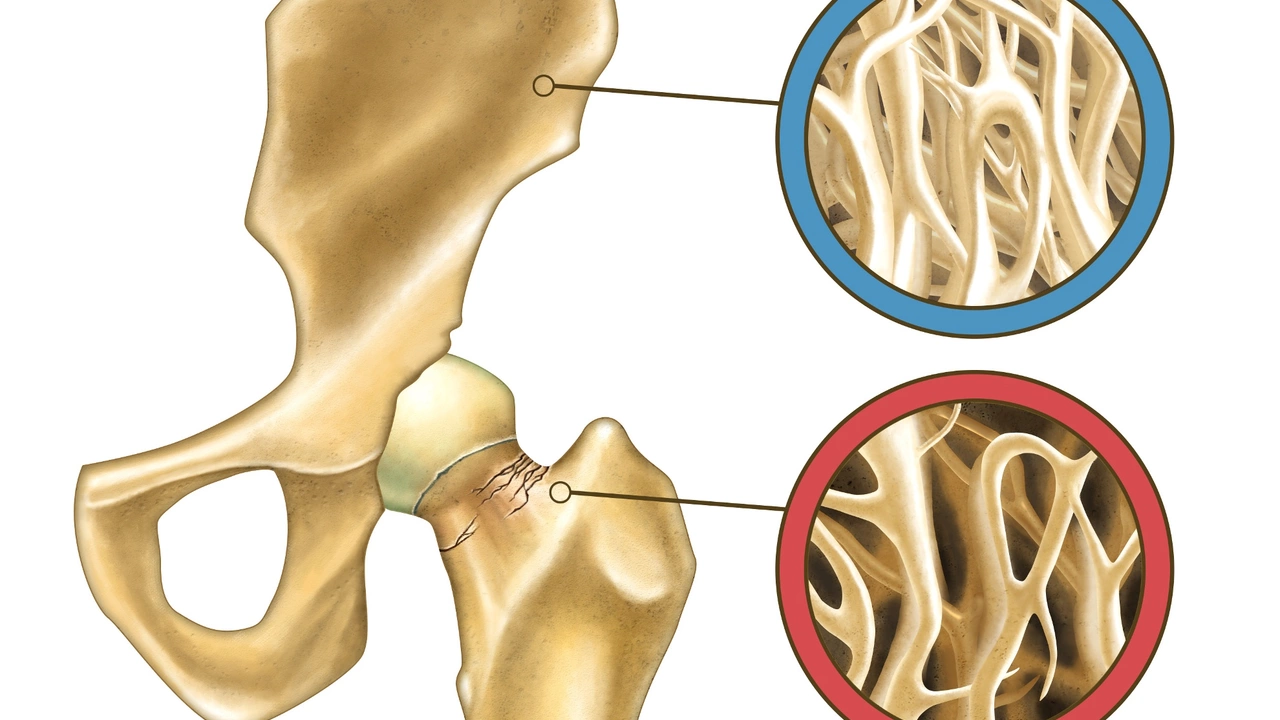Early Detection: Spot Health Problems Sooner
Catching health problems early often makes treatment simpler and more effective. That’s the whole idea behind early detection: notice changes, run the right tests, and act before things get worse. You don’t need medical training to do it—just a few habits and the right questions.
Think of early detection like routine maintenance. A cracked tooth or a new lump noticed quickly usually needs less invasive care than something ignored for months. Same with high blood pressure, rising cholesterol, or changes in mood and sleep. Small signs can point to big issues if you pay attention.
Simple habits that help
Get regular screenings that match your age and risk. That includes blood pressure checks, cholesterol tests, recommended cancer screenings, and vaccinations. Know your family history—if relatives had heart disease, cancer, or diabetes, start screening earlier and talk to your doctor about options.
Track changes in your body and behavior. Keep notes on symptoms like persistent pain, new lumps, unexplained weight loss, breathing changes, or longer-lasting mood swings. A simple phone photo, a short note, or a weekly symptom list helps spot trends that a single visit might miss.
Use available tools wisely. Ovulation tests can help manage PMS timing. Home blood pressure cuffs and glucose meters let you check trends between appointments. But don’t rely only on quick online tests or unverified pharmacies for critical meds or supplies—verify any online pharmacy before buying.
When to see a doctor
Make an appointment if a new symptom lasts more than a couple of weeks, gets worse, or affects daily life. Urgent signs include sudden severe pain, trouble breathing, sudden weakness or numbness, or confused thinking. For things like persistent cough or shortness of breath, mention lung health and COPD—early checks can change treatment plans.
Bring your notes to visits. A timeline of symptoms, a list of medicines, and family history make discussions faster and more useful. Ask clear questions: What could cause this? What tests do you recommend? What happens if we wait?
Use trusted sources to learn more. Read reliable articles about treatments and screening tests, and follow up with your provider about anything you don’t understand. If you see conflicting info online, ask your clinician for the best next step for your situation.
Early detection doesn’t prevent every health problem, but it often widens your options. Spotting issues sooner can mean smaller treatments, better recovery, and less stress. Start with regular checkups, pay attention to changes, and get help when something feels off—simple moves that make a big difference.

